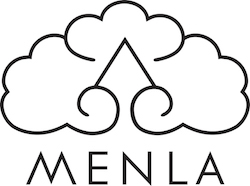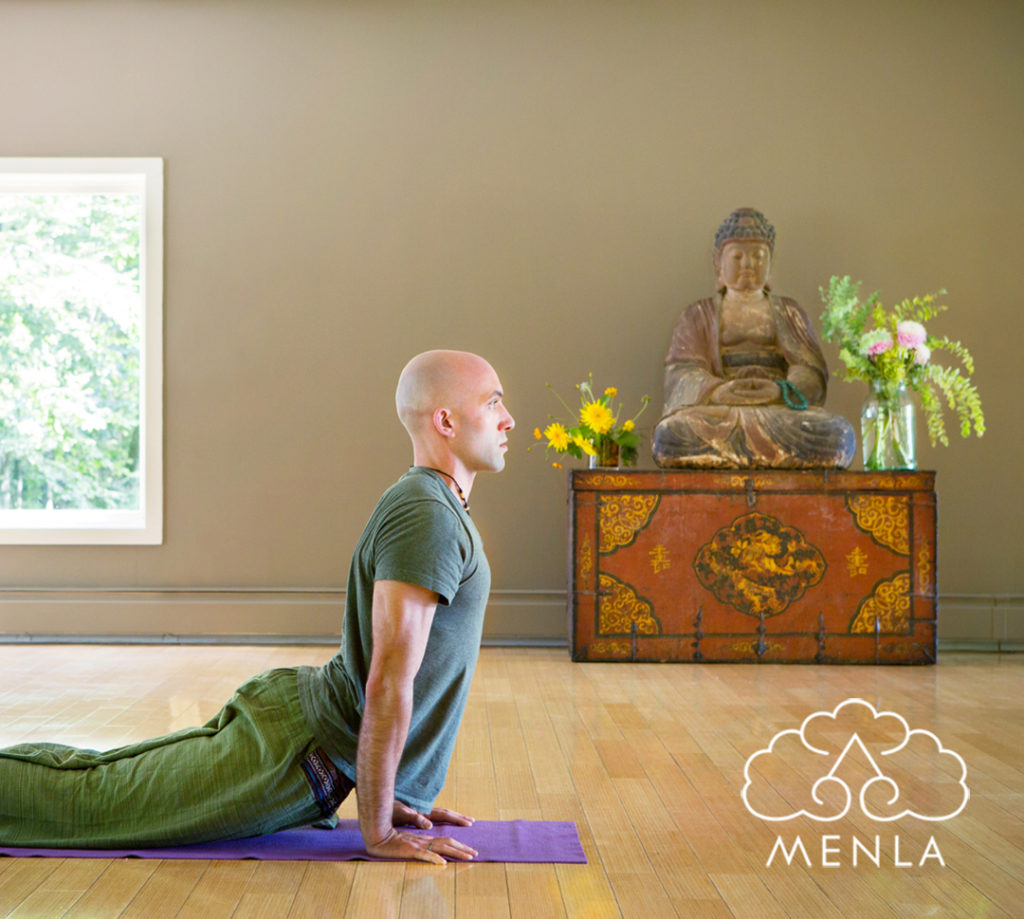The Art & Science of Yoga
With Carolyn Christie, Hugh Millard and Michael G. Burbank
February 14 - 17, 2020
Seen as an open-ended, ongoing, experiential search within the context of a systematic path of ever-deepening levels of practice, yoga can be seen as both an art and science. In ancient India, yogas–both physical and internal–were taught and practiced by practitioners from all schools, whether Vedist, Buddhist, or Jain. In contemporary times, various methods of yoga and meditation are taught to groups of people who have widely differing beliefs, including even materialists! As BKS Iyengar said, “You can practice yoga and not believe God exists, but you do have to believe you are conscious!”
We experiment and grow as the transformation of yoga practice unfolds at all levels of our lives. It isn’t a passive process, but instead one of constantly acting and building upon earlier stages of practical experience. Confusion and doubt can and do arise, of course, but what are our goals in our practice? Is our practice the right form of practice? Has the practice itself lost its way? How do we correct and move forward? If the answers were manifest and known, uncertainty would vanish. The way has to be found again and again. Facing this uncertainty with open-minded, courageous inquiry is the scientific dimension of yoga practice.
Creatively applying our discoveries to our lives and sharing them with others is the artful dimension. An artistic approach leads us to trust our personal experiences and sensations as true. After long and uninterrupted attempt to work on ourselves, we eventually eclipse doubt in having valid perception. We are then free to explore and develop the practical experience of yoga as uniquely and beautifully our own.
In this weekend retreat, Carolyn and Hugh teach yoga asana and pranayama from the Iyengar method, hatha yoga lineage. Menla’s Co-Director and 20-year student of Robert Thurman’s, Michael will give Buddhist teachings and cover methods of meditation from the Indo-Tibetan Buddhist tradition.
Open to all levels of experience.
“Yoga is both an Art and Science”
-BKS Iyengar
“Both Buddhism and science prefer to account for the evolution and emergence of the cosmos and life in terms of the complex interrelations of the natural laws of cause and effect. From the methodological perspective, both traditions emphasize the role of empiricism. For example, in the Buddhist investigative tradition, between the three recognized sources of knowledge – experience, reason and testimony – it is the evidence of the experience that takes precedence, with reason coming second and testimony last. This means that, in the Buddhist investigation of reality, at least in principle, empirical evidence should triumph over scriptural authority, no matter how deeply venerated a scripture may be.”
-HH Dalai Lama
“Science is the human adventure of accepting uncertainty, exploring ways of thinking about the world and being ready to overturn any and all certainties we have possessed to this point. This is among the most beautiful of human adventures.”
-Carlo Rovelli
Schedule
Friday, February 14th
- 4:15 – 6pm Yoga Asana (Ahimsa Yoga Studio)
- 6:15 – 7:15pm Dinner
- 7:30 – 9:30pm Evening Dharma Class (Nalanda Conference Center)
Saturday, February 15th
- 6 – 7am Tea and Coffee Available
- 7:30 – 8:30am Morning Meditation (Nalanda Conference Center)
- 8:45 – 9:45am Breakfast
- 10:15am – 12:30pm Asana Practice (Ahimsa Yoga Studio)
- 12:45 – 1:45pm Lunch
- 1:45 – 4:15pm Free time for Spa Treatments, Sauna & Steam or Relaxation
- 4:15 – 6pm Restorative Asana, Inversions (Ahimsa Yoga Studio)
- 6:15 – 7:15pm Dinner
- 7:30 – 9:15pm Evening Dharma Class (Nalanda Conference Center)
Sunday, February 16th
- 6 – 7am Tea and Coffee Available
- 7:30 – 8:30am Morning Meditation (Nalanda Conference Center)
- 8:45 – 9:45am Breakfast
- 10:15am – 12:30pm Asana Practice (Ahimsa Yoga Studio)
- 12:45 – 1:45pm Lunch
- 1:45 – 4:15pm Free time for Spa Treatments, Sauna & Steam or Relaxation
- 4:15 – 6pm Restorative Asana, Inversions (Ahimsa Yoga Studio)
- 6:15 – 7:15pm Dinner
- 7:30 – 9:15pm Evening Dharma Class (Nalanda Conference Center)
Monday, February 17th
- 6 – 7am Tea and Coffee Available
- 7:15 – 8:15am Pranayama (Ahimsa Yoga Studio)
- 8:30 – 9:30am Breakfast
- 9:30 – 10:30 Pack up and Check-Out of Rooms
- 10:30am – 12:15pm Asana Practice (Ahimsa Yoga Studio)
- 12:30 – 1:30pm Lunch & Departure
Schedule subject to change at any time.
About the Leaders
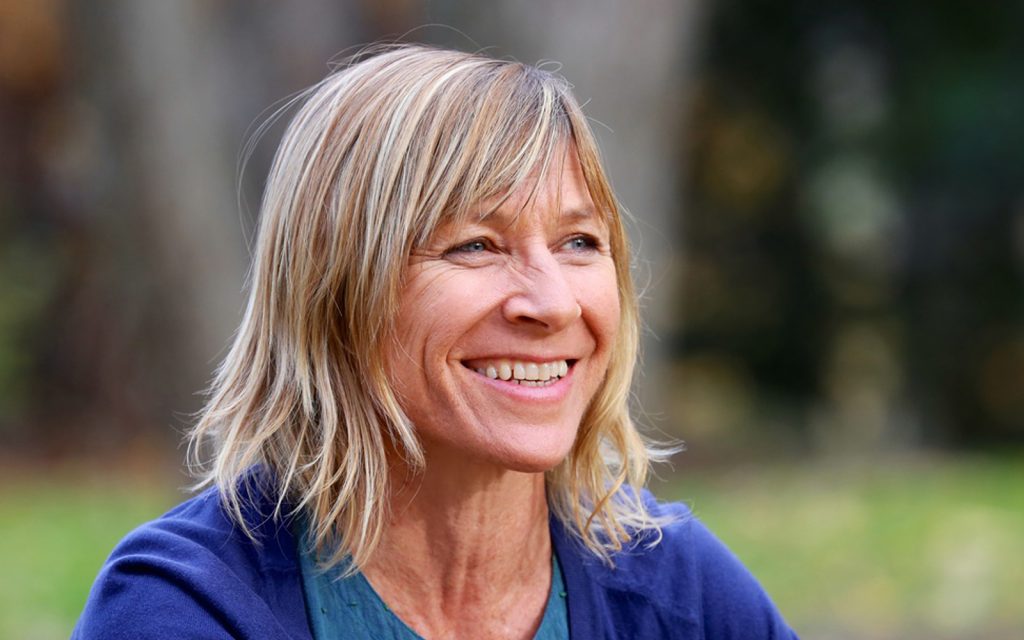
Carolyn Christie
Carolyn began her study of both Buddhism and yoga in 1987 while working for the Peace Corp in Thailand. In 1998 she was initiated into the Kalachakra Tantra by H.H. the XIV Dalai Lama in India and began studying with Khen Rinpoche Lobsang Tharchin in New York. She presently studies with Dzongsar Jamyang Khyentse and has […]
Learn more about Carolyn Christie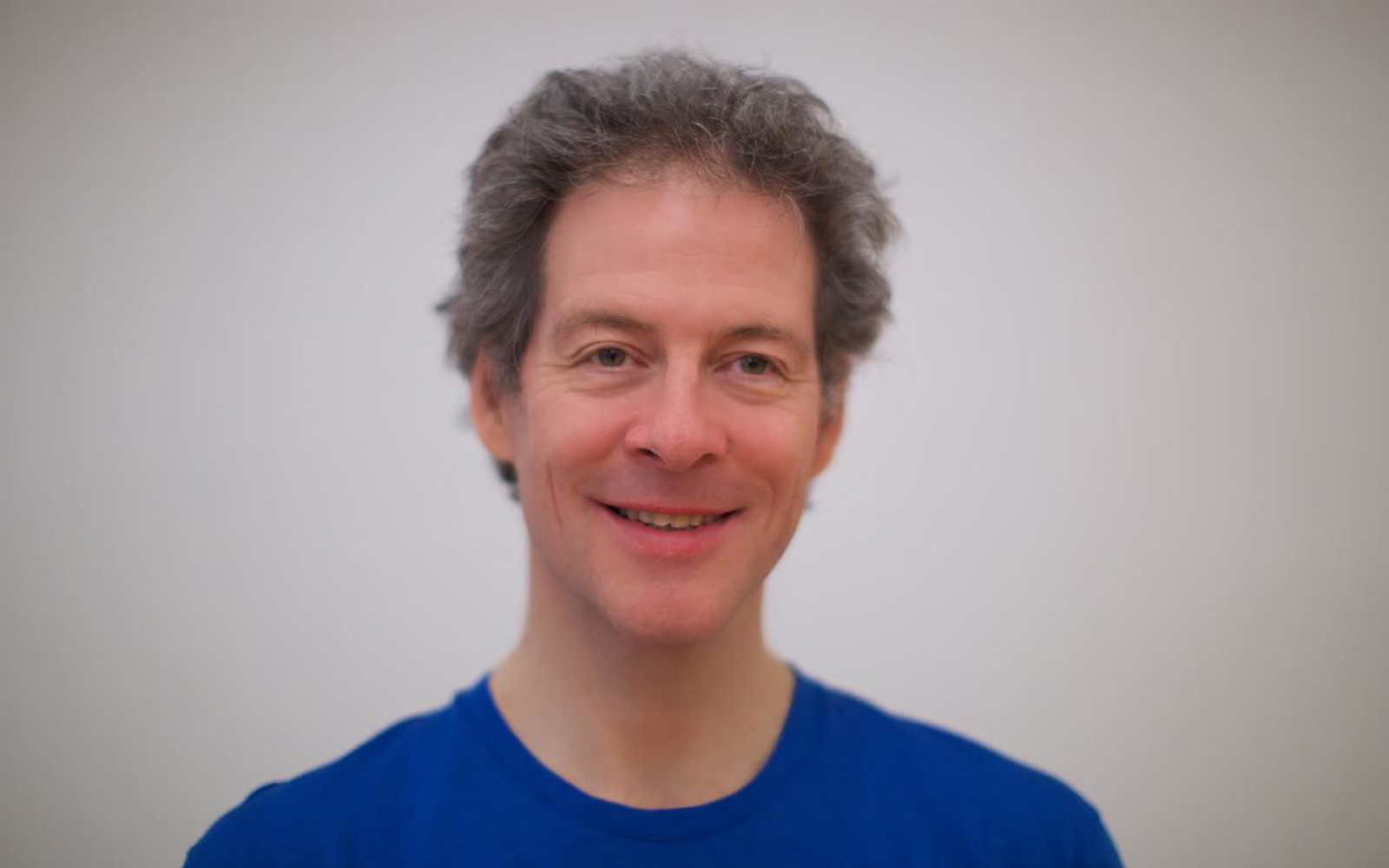
Hugh Millard
Hugh has studied Iyengar Yoga since 1991 and began teaching in 1997. He has traveled to the Ramamani Iyengar Memorial Yoga Institute in Pune, India for two extended stays in order to study with the Iyengar family in 2000 and 2005. He began his studies with Mary Dunn and Manouso Manos. Between 2001 and 2017 […]
Learn more about Hugh Millard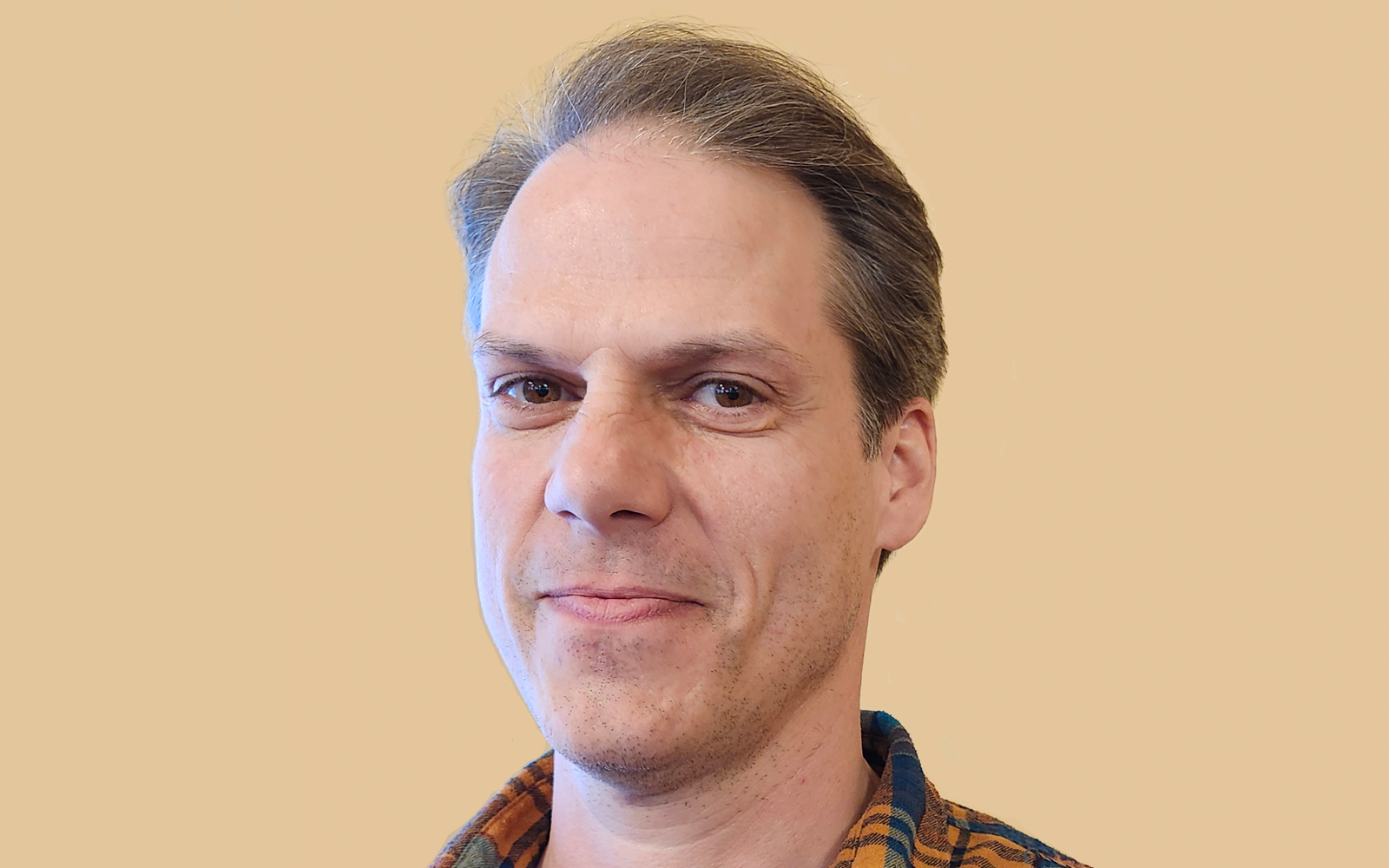
Michael G. Burbank
Michael G. Burbank has been a student of Robert Thurman and HH the XIV Dalai Lama for over 25 years, since his undergraduate years studying Eastern religions and cultures at Columbia University in the 90s. In February of 2002, he was invited to help the Thurmans and Tibet House start the newly acquired Menla retreat. […]
Learn more about Michael G. BurbankCategories : Menla Retreat (all retreats), Menla THUS
